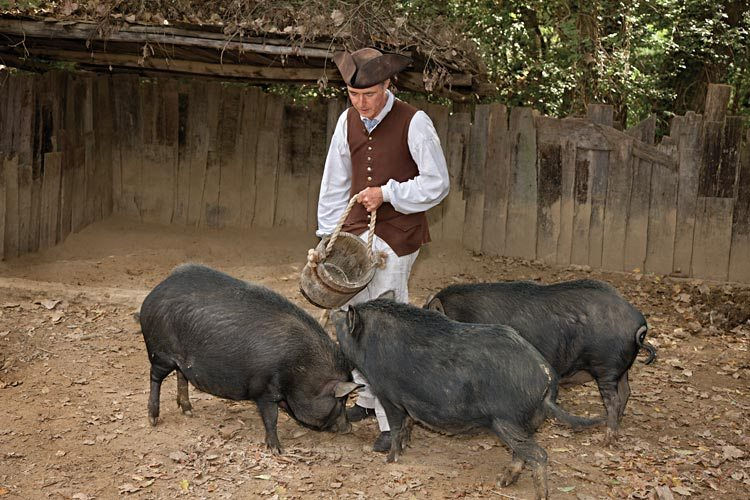Toolbox Tuesday: Unnecessary Words, Redundancy
- dhporterbooks
- Jul 23, 2015
- 4 min read
Updated: Jul 8, 2025
(published from previous blog, posted July. 2015)
When I finished my first novel, Keeping Secrets, it came in at a whopping 180,000 words. Of course, that was way way way too long. It was time for a crash course in editing and revising.
One of the first things I realized while in the throes of trying to cut down words was that I was being redundant.
Redundancy, for those needing a formal definition, means “not or no longer needed or useful; superfluous” or “word or data able to be omitted without loss of meaning or function.”

In a nutshell, I had fallen into the habit of stating the same idea twice. I am now noticing, in emerging, newbie authors, the same issue in regards to redundancy. And again, getting rid of redundancy will professionalize your writing quickly.
The problem with redundancy, of course, is two fold. First, it over words a novel, and second, in doing so, it slows the reading down for the reader. A lot of authors, especially newbies, have trouble getting word count higher (NOT my problem, obviously) and they never really look at ways to tighten their prose. The fact of the matter is, however, that word count should be increased by more intricate plotting, not by adding unnecessary words.
Tip#1 – Being redundant in a rough draft is not always bad.
Now granted, in my rough drafts I pay little attention to redundancy. After all, I am trying to get the words, feelings, and impressions of the scene from my head to the paper. Actually, being redundant in the rough draft is oftentimes advantageous. I have several options of words and phrasings to choose from as I revise and edit.
So in a rough draft, do not worry about it.

Tip #2 – Do not repeat ideas or clarify words.
This is the heart of redundancy.
Here is an example of a sentence before I edited it for Binding Fire:
David walked between two wingback chairs to the fireplace. He turned to see Annie collapse into one of the chairs. She winced, not bothering to mask the pain in her face.
Now, as it reads after revision:
David walked between two wingback chairs to the fireplace. He turned to see Annie collapse into one of them. She winced.
For the word chairs, the word them is more appropriate. Also, David is watching Annie sit and sees her wince. If someone winces, they are obviously in pain, and if he had seen her wince she is obviously not masking it. It is unnecessary to tell the reader she did not bother to do so.
Here is another example again from Binding Fire:
Actually, it mattered not the relationship between the two of them, he simply needed answers to his questions. And for some reason, he knew Claire Holman would tell him straight and true.
Now, with the revisions:
Actually, it mattered not the relationship between the two, he simply needed answers. And for some reason, he knew Claire Holman would tell him true.
Of them in the first sentence is not necessary as the sentence reads fine with the word two at the end of the phrase. There is no one else in the room at the time, and the paragraph before clearly states who David is referring to.
The word answers in the first sentence implies the questions will be asked, so there is no need to slow the reader down with more words.
Finally, straight and true are essentially the same. One word is more than enough to help the reader understand she is going to tell David the truth of the matter.
I am generally able, just by cleaving the redundant words and phrases from my completed rough draft, to pull my word count down by 20,000 to 30,000 words. But again, I am a wordy writer.
What kind of writer are you?

About Donna
Donna Hechler Porter has always had stories in her head. When they were not swirling and gnawing, she had her head in a history book - both fiction and non-fiction. Now, she puts her love of old things, including her genealogy, to good use by writing both genealogy books and novels. She has published five historical novels, several of which have won awards, four genealogy books on her family history, and several smallish books including a book on the 1778 Big Siege of Fort Boonesborough and a book with tips and tricks for bringing history to life for young people. A graduate of Texas A & M University, she currently teaches middle school English and literature at a small private school east of Houston and runs a private tutoring business. She stops for all garage sales and to collect treasures from the side of the road. She dreams of life in a log cabin in the woods, even as she is addicted to antique and thrift shopping.
_________________________________________________________________________
If you live in southeast Texas and would like Donna to come speak at your reading, genealogy, or history club, please contact her. She is more than likely to say yes!
Need a topic for Donna to present? Check out her already created topics here or suggest one of your own.
_________________________________________________________________________
Sign up for Donna's newsletter "A Petticoat & A Pen" by scrolling back to the top of the page and clicking the link. You will get the first updates on my latest projects, tips for your own writing journey, insights into my writing world, and more! Best of all, a FREE gift is waiting for you at the other end!




Comments